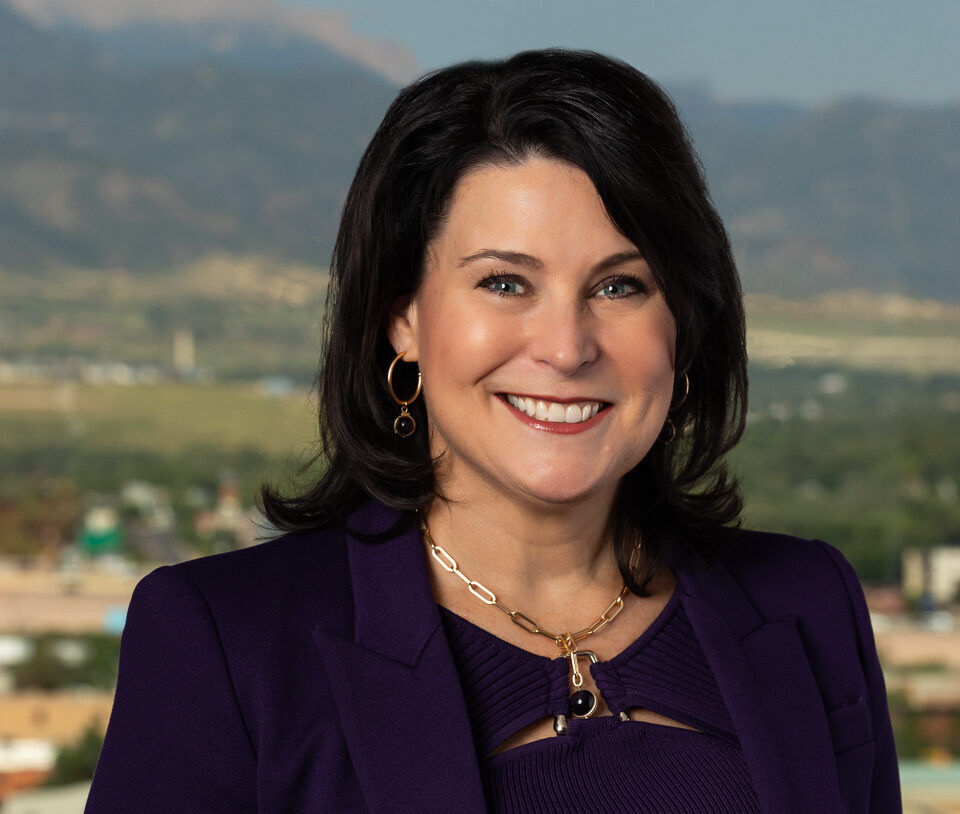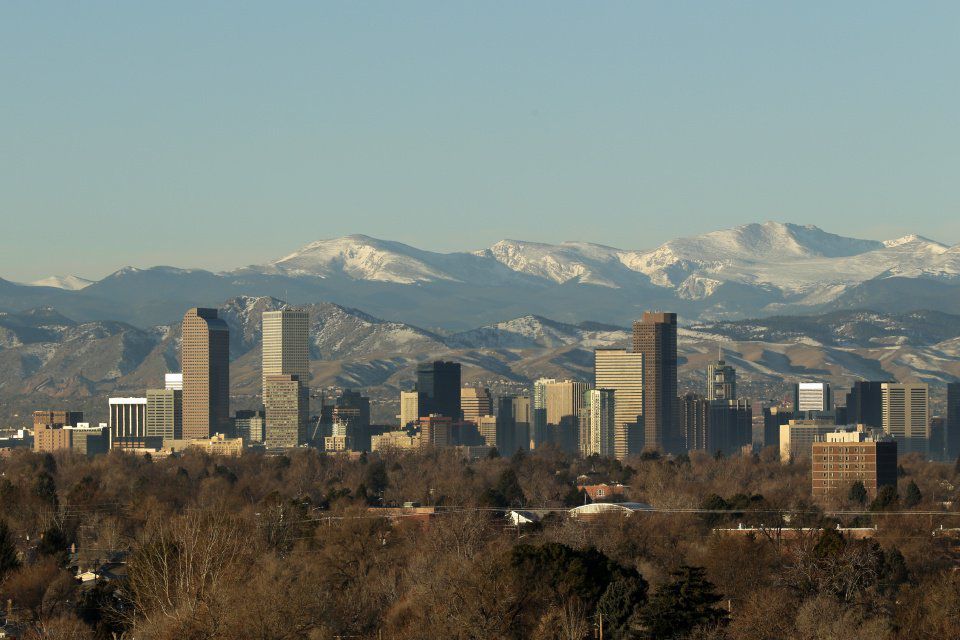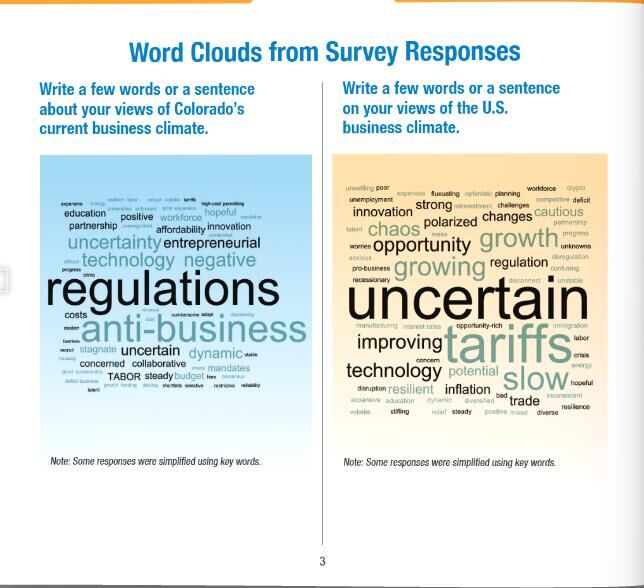Colorado’s health care sector faces regulatory, financial strains, study says

The health care industry is a significant source of employment for Coloradans, but most of the state’s facilities are grappling with infrastructure and financial challenges, according to a new study.
The study, Diagnosis of Colorado’s Healthcare Industry, found that the health care industry accounts for more than 744,000 jobs and over $1 billion in total income tax revenue for Colorado. The study ranked the Centennial State 13th for health care system performance in the U.S. The study, conducted by Common Sense Institute’s wellness fellow, Dr. Reggie Washington, aimed to quantify the economic impact of Colorado’s health care sector.
“This report highlights the complexity and deeply rooted connections of Colorado’s health care sector to the State’s economy,” Jandel T. Allen-Davis, the president and CEO of Craig Hospital, said in a news release. “The state’s dependency on the system extends far beyond its essential function, which is the provision of health care and the restoration of health. The sector is one of the largest employers in Colorado, either directly or indirectly, and the state and local tax contributions are significant.”
Despite the positive impact the industry has on the state’s economy, most of the medical facilities are struggling financially due to regulatory and inflationary pressures, the study said.
The study found that as of 2021, 72% of Colorado hospitals are operating below sustainable margins – double the previous year. Among rural hospitals, that number is even higher – 84% of hospitals say they are struggling due to increasing costs for labor, supplies, and insurance.
“Healthcare is paramount to employees and the benefit is essential for employers to attract the best talent for its customers,” said Dave Davia, the executive vice president and CEO of Rocky Mountain Mechanical Contractors Association. “This industry is vital to making Colorado the best possible state to live and work.”
Other key findings from the study included the following:
-
The healthcare sector provides nearly 1 in 5 jobs in Colorado
-
Between 2022 and 2023, the average monthly cost of a private health insurance plan in Colorado rose an average of 20% – the second-highest increase in the U.S.
-
Rural counties lack sufficient hospital infrastructure and have shortages of healthcare professionals including pediatricians, obstetricians and gynecologists, and dentists.
The study said that policymakers should “heed the warning signs appearing throughout the healthcare system and cease burdening it with price controls and public subsidies.”














